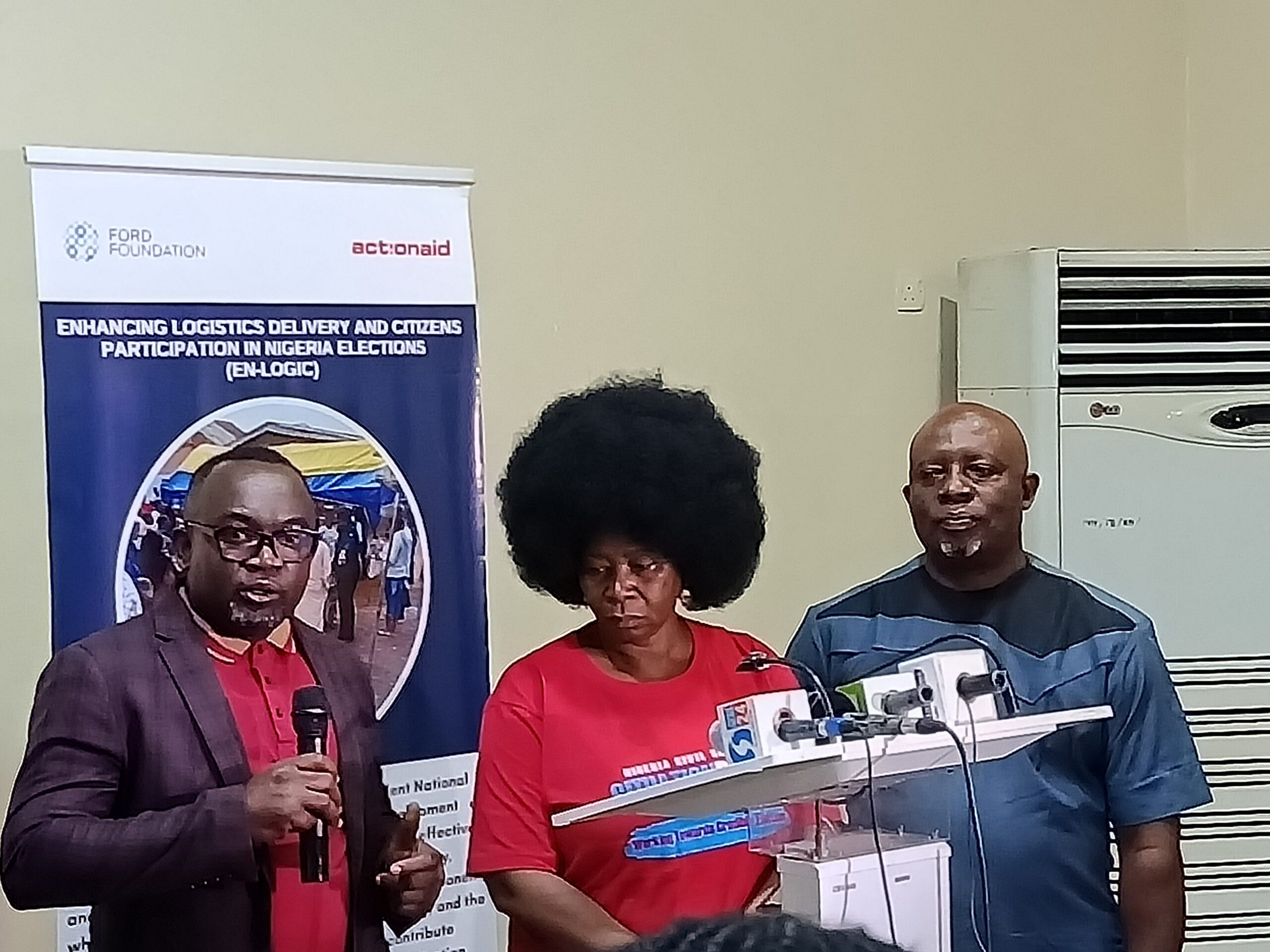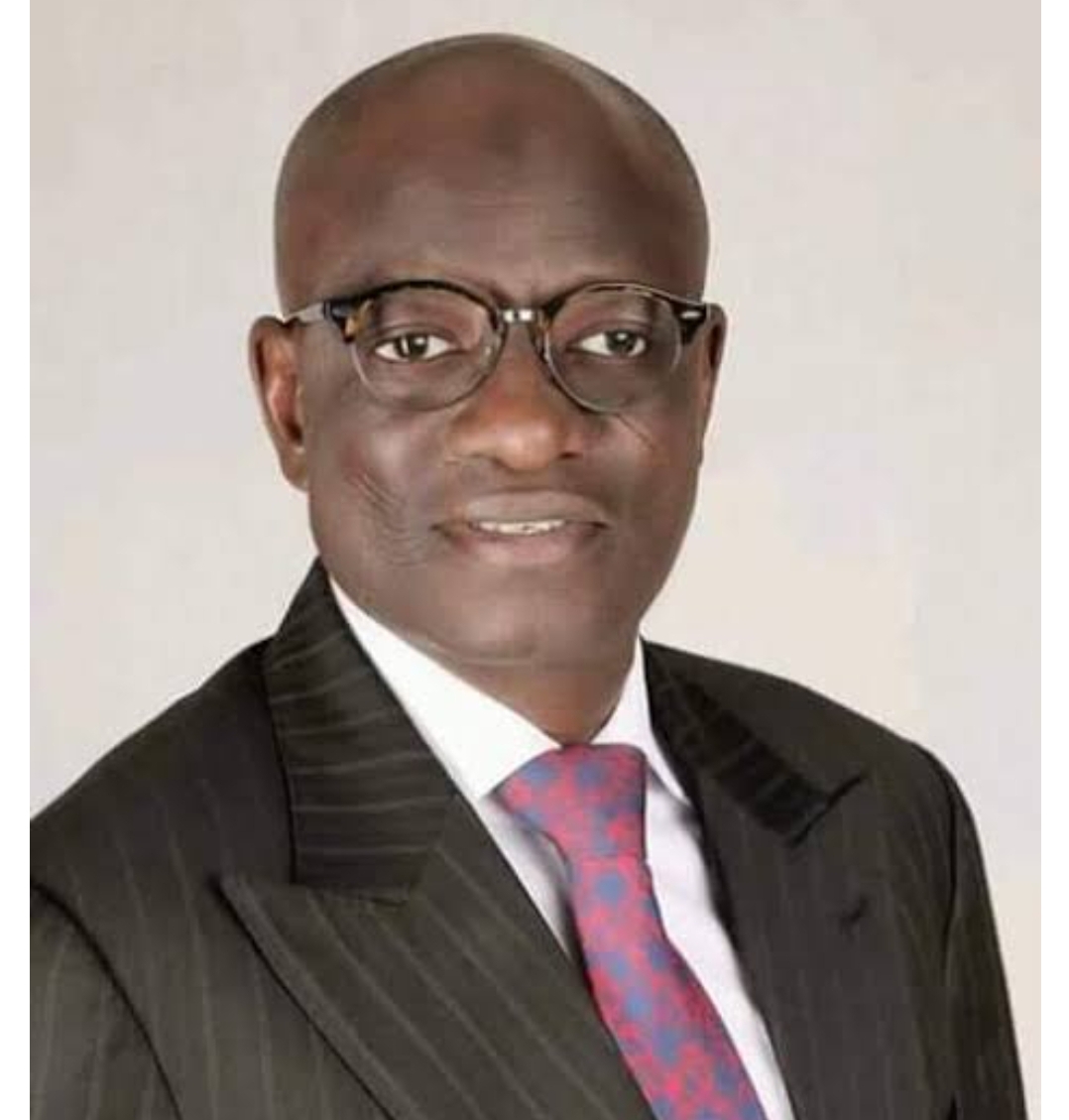A Memorandum of Understanding between Nigeria’s Federal Inland Revenue Service (FIRS) and the United Kingdom’s His Royal Majesty’s Revenue and Customs (HMRC) was signed yesterday with the aim of fostering improved collaboration on capacity building between the two tax authorities.
The two agencies signed the agreement in London, United Kingdom, and was attended by the Executive Chairman, FIRS, Mr. Muhammad Nami accompanied by some members of the FIRS Board and management, and Director at HMRC, Jon Sherman, alongside other members of the HMRC Executive Committee.
Mr. Muhammad Nami who led members of the Board and management of the FIRS noted that this collaboration was in line with two planks of his cardinal goals for the Service: building a data-centric tax authority and improving the Service’s collaboration and stakeholder relations.
“I am certain that this relationship would equip our officers with the skills of the 21st century tax man,” he stated.
“Data is the new oil. Its collection, interpretation and consequent application for tax purposes has become crucial if the Service must be ahead of the taxpayer in the times we are in.
“With increased collaboration between the Service and tax authorities the world over—which is one of the cardinal pillars of this current management—meticulous and purposeful management, as well as strategic interpretation of the information we exchange between each other has become a fundamental element of inter-tax-authority relations.
“These, among several others, form the major areas where we would be collaborating on capacity building with the HMRC.
“We must be a step ahead.” Mr. Nami noted.
The FIRS boss, who is also the President of the Commonwealth Association of Tax Administrators (CATA), further explained that with this collaboration, officers of the Service will be better equipped to improve tax revenue collection and in turn provide government with the much needed resources to cater for Nigerians.
Commenting further on the collaboration, David Yellowly, Head of Capacity Building at the HMRC emphasized that “the MoU between the Nigerian and UK revenue authorities would see the two countries collaborating on Capacity Building, particularly on issues surrounding Country-by-Country Reporting Standards, Transfer Pricing, Exchange of Information, Data, and Audit in the Oil and Gas industry.”
As Executive Chairman of the Federal Inland Revenue Service (FIRS), Mr. Muhammad Nami has engendered numerous collaborative efforts with tax authorities domestically and across the world, in line with his agenda of improving stakeholder relations for improved tax administration.
In February this year, the FIRS signed an MoU with the Lagos State Inland Revenue Service (LIRS) for collaboration on Joint Tax Audit, Exchange of Information and Capacity Building.











